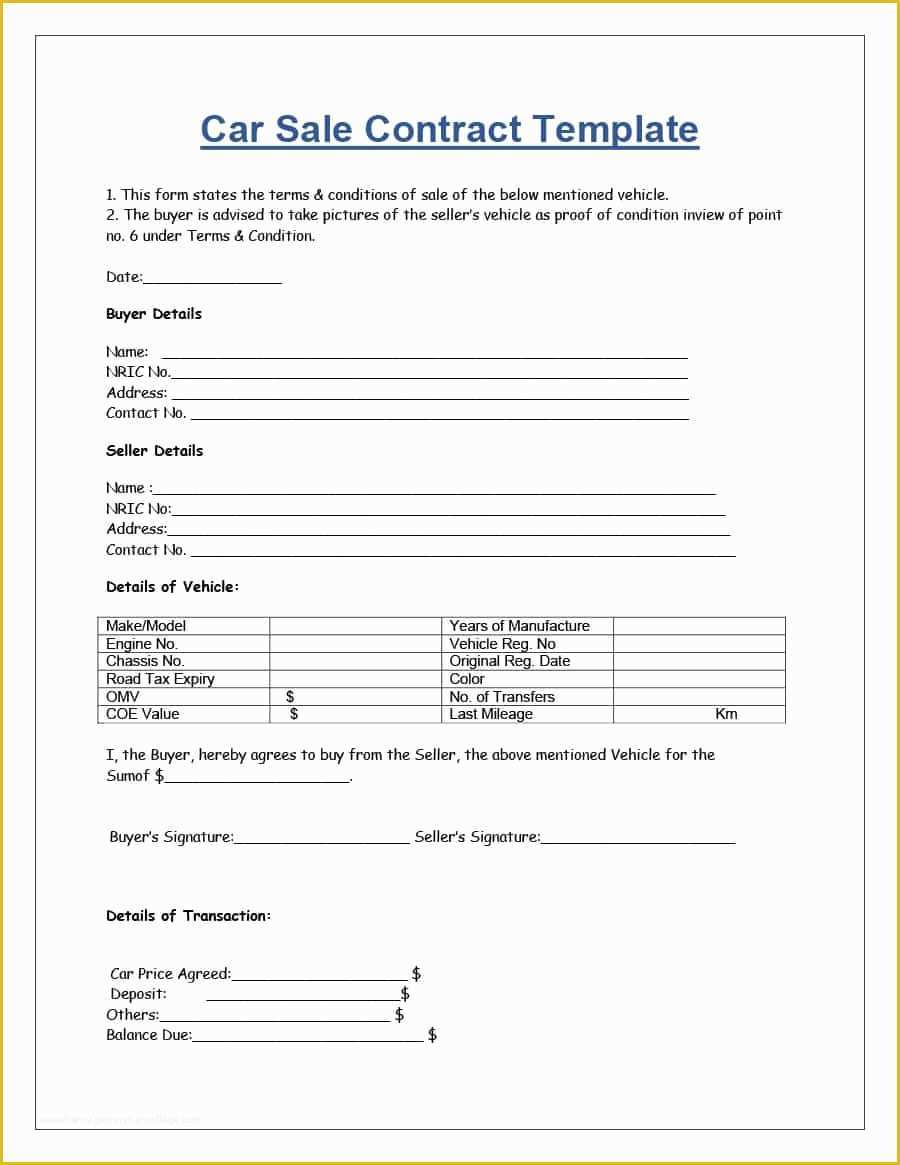5 Essential Documents Needed to Buy a Car

Buying a car is an exhilarating experience that combines the thrill of choice with the practicality of necessity. Whether you are a first-time buyer or looking to upgrade your ride, understanding the paperwork involved in the process can significantly ease your journey. Here are five essential documents you need when purchasing a car:
Vehicle Identification Number (VIN) Check

The VIN is the car's unique fingerprint, an alphanumeric code that contains vital information about the vehicle's history, origin, and specifications. A VIN check is essential for:
- Verifying that the car isn't stolen.
- Confirming the vehicle's history, including accidents, repairs, or if it was ever a "lemon."
- Checking for any outstanding recalls or title issues.

Why You Need It:

- Protects you from buying a car with hidden issues or legal problems.
- Ensures the vehicle matches its title and registration records.
How to Obtain:

- Ask the seller or dealer for the VIN.
- Perform an online check using services like the National Motor Vehicle Title Information System (NMVTIS) or paid services like Carfax.
🔍 Note: Some states in the US may require you to provide a VIN check report during the registration process.
Proof of Income

Whether you're financing or leasing a car, lenders want to know you have the financial stability to make payments. Proof of income includes:
- Recent pay stubs.
- W-2 forms.
- Tax returns (for self-employed individuals).
- Bank statements showing income deposits (for certain cases).
Why You Need It:

- Proves your ability to meet the financial obligations of the car purchase.
- Influences the loan amount and interest rates offered by lenders.
How to Prepare:

- Compile these documents well in advance of your visit to the dealership or bank.
Proof of Insurance

No car leaves the lot without insurance. It's not just a legal requirement, but also a necessity to protect your investment. Here's what you need:
- Proof of current auto insurance or a new policy.
- A binder from your insurance company with your new car listed.
- Confirmation of full coverage if required by your lender.

Why You Need It:

- Legal protection against liability in case of accidents.
- Coverage for damages or theft of your vehicle.
How to Obtain:

- Contact your insurance company or a local agent to obtain quotes and policies.
- Bring the policy or binder to the dealership or registration office.
Driver's License or Government-Issued ID

This document serves multiple purposes in the car buying process:
- Identity verification.
- Proof of driving eligibility.
- Required for registration and title transfer.
Why You Need It:

- Legal and practical necessity to operate the vehicle.
- Lenders use this to verify your identity and driving history.
How to Prepare:

- Ensure your license is current, with no major infractions or holds.
Bill of Sale

The bill of sale is a contract between buyer and seller, summarizing the terms of the sale:
- Vehicle details (make, model, year, VIN).
- Purchase price.
- Date of sale.
- Seller and buyer information.
- Terms of sale, including any warranties or as-is clauses.
📝 Note: In some states, you will need to provide a copy of the bill of sale to the DMV when you register your vehicle.
To summarize, purchasing a vehicle involves meticulous preparation and attention to documentation. From the VIN check to ensure the car's authenticity to securing proof of insurance for legal operation, every document plays a critical role. Remember, the bill of sale formalizes your purchase, the driver's license proves your identity and eligibility to drive, and proof of income secures financing. By keeping these documents in order, you'll be well-equipped to navigate the often complex terrain of car buying with confidence.
Can I Buy a Car Without All These Documents?

+
Technically, you can buy a car without all the documents, but you’ll face issues when trying to register, insure, or finance the vehicle. Certain documents like the bill of sale and driver’s license are essential for the transaction to be legal and binding.
What If the Car Has a Salvage Title?

+
A car with a salvage title might be significantly cheaper, but it means the vehicle was once declared a total loss by an insurance company. It can affect insurance rates, resale value, and your ability to finance. Always consider the risks associated with buying a salvage title vehicle.
Do I Need Different Documents for Leasing?
+
Leasing requires most of the same documents with slight variations. You’ll need your credit report, proof of insurance, and driver’s license, but the bill of sale might be replaced by a lease agreement, which outlines terms of usage and responsibilities at the end of the lease.
How Can I Verify the Seller’s Identity?
+
To verify the seller’s identity, you can request their driver’s license or another government-issued ID. Cross-checking this with the title and registration can prevent scams. If buying from a private seller, make sure the VIN matches the title’s information.